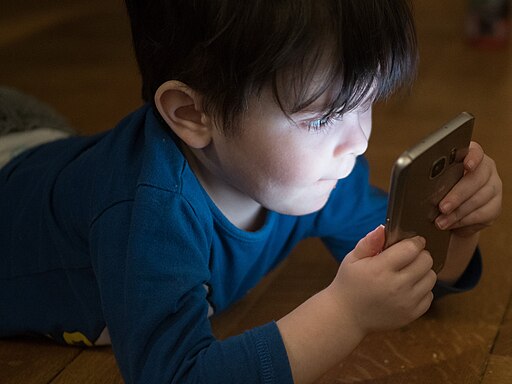How can smartphones and social media affect mental health?

Well, one major reason, as psychologist Jonathan Haidt has argued, probably has something to do with smartphones and social media:
What happened in the early 2010s that altered adolescent development and worsened mental health? Theories abound, but the fact that similar trends are found in many countries worldwide means that events and trends that are specific to the United States cannot be the main story.
I think the answer can be stated simply, although the underlying psychology is complex: Those were the years when adolescents in rich countries traded in their flip phones for smartphones and moved much more of their social lives online—particularly onto social-media platforms designed for virality and addiction. Once young people began carrying the entire internet in their pockets, available to them day and night, it altered their daily experiences and developmental pathways across the board. Friendship, dating, sexuality, exercise, sleep, academics, politics, family dynamics, identity—all were affected.
The reasons for declining mental health are complex
Granted, smartphones and social media can’t be the only reason for this overall decline in mental health among young people. Haidt makes this nuance clear by pointing out other factors that interfere with healthy psychological development.
Namely, depriving kids of unsupervised playtime can prevent them from learning crucial social and emotional skills. Without opportunities to play freely, kids are more likely to become anxious, socially inept, and thus lonely.
But phone-based childhood is a major reason for declining mental health
Nevertheless, these ‘opportunity costs’ have likely been compounded by increased access to smartphones and heavy use of social media. (Opportunity costs refer to what you cannot spend your time, energy, or resources on, after choosing to do something else.) For example, spending more time on social media often means spending less time on healthier and enriching activities, such as:
- Getting exercise and sleep
- Reading books and ruminating
- Interacting with people face to face
And spending less time on such activities can interfere with staying fit, nurturing the imagination, and building long-term relationships. In short, there’s a problem when staring at screens gets in the way of living healthy, socially enriching lives. In this way, interacting with interfaces instead of faces can bring about many psychologically harmful effects.
Psychological harm linked to smartphones and social media
In fact, Haidt discusses the harmful effects that constant smartphone and social media use can have on psychological well-being. The list is long (and seemingly growing) but includes fragmented attention, disrupted memory and learning, and addiction to devices. All these negative effects can lead to more ephemeral social lives and, consequently, a loss of depth and meaning.
A quick aside: These harmful effects from using social media platforms are very much a consequence of their design.
Drawing upon his expertise in positive psychology, Haidt gives recommendations to strengthen mental health, particularly for young people. Not surprisingly, these recommendations include no smartphones before high school and no social media before age 16. You can read these recommendations in his article, published in The Atlantic:
One more quick aside: The article summarizes what Haidt argues in his book on the same topic. For parents, teachers, or anyone concerned about the connection between technology and psychological well-being, I highly recommend it. And for anyone tempted to dismiss these writings as moral panic, I’d challenge them to look carefully at the evidence. It’s getting harder to deny the link between social media use and deteriorating mental health.
Related articles
Are relationships with robots possible, or will we be ‘Alone Together’?
Explaining the Internet paradox: book review of “The Village Effect”
Three Internet Generation (or iGen) trends: book review of ‘iGen’